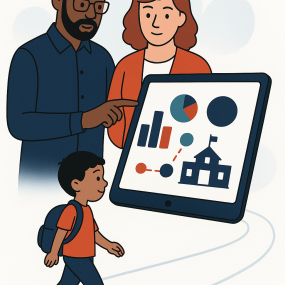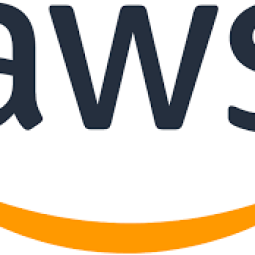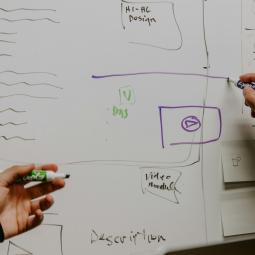March 2025
ADELAIDE – When the Paul Ramsay Foundation (PRF) launched the Data Catalyst Network, the vision was bold: bring together academics, government, and not-for-profits to tackle entrenched disadvantage through innovative, collaborative use of data.
Too often, these sectors work in parallel, collecting similar data, responding to the same issues, but rarely sharing insights or coordinating efforts. The Foundation saw an opportunity to break down those siloes and enable cross-sector learning, innovation, and impact.
With Infoxchange appointed to facilitate the program, we began by convening a national Community of Practice to foster shared learning on data capability across the sector. From this foundation, three place-based working groups were established – in Melbourne, Brisbane and Adelaide – each bringing together 8–10 organisations to co-design and pilot collaborative data projects targeting complex social challenges.
A Shared Commitment to Improving School Readiness
In Adelaide, the focus was clear from the outset: how can we improve outcomes for children at risk of falling behind before they even start school?
Representatives from Relationships Australia SA, Raising Literacy Australia, ARACY, Goodstart, 54 Reasons, The Benevolent Society, BetterStart Research Group at the University of Adelaide, the Melbourne Institute, the South Australian Department of Human Services, and the Department of Premier and Cabinet came together in a series of in-person workshops facilitated by Infoxchange.
Through these collaborative sessions, the group identified the most critical problem: children experiencing multiple, overlapping forms of disadvantage in early childhood were significantly more likely to struggle with the transition to primary school, showing signs of developmental vulnerability, absenteeism, behavioural issues and low wellbeing at an early age.
Turning Ideas Into Action
With funding from PRF and analytical support from the BetterStart Research Group, the Adelaide Working Group launched a pilot project using the South Australian Better Evidence Better Outcomes Linked Data (BEBOLD) platform, one of Australia’s most comprehensive and secure linked datasets for early childhood outcomes.
Earlier this year, The University of Adelaide released their report, Better starts to school in South Australia: using linked data to investigate earlier opportunities to support positive school transitions.
“This project is an example of how de-identified linked government data can be used to generate evidence to support informed decisions around investment in early life child and family supports. While early life disadvantage is not deterministic of later poor outcomes, the case for investment in effective and supportive responses for children and families to support better school transitions is clear.”
Breaking cycles of disadvantage with data
Through the analysis of six key domains of early-life disadvantage that influence school transitions and wellbeing, the pilot project was able to identify key findings including:
- More than 1 in 3 South Australian children experienced at least one form of early life disadvantage.
- Social and perinatal factors were the most common, with nearly 1 in 3 children with these factors becoming developmentally vulnerable by age 5.
- The more types of disadvantage a child experienced, the more likely they were to report low wellbeing and struggle in school.
- Children whose parent had been incarcerated were 5 times more likely to be involved in behavioural incidents such as suspension or exclusion by age 7
- 61% of children experiencing 3 or more types of early disadvantage self-reported low wellbeing by age 9
By fostering collaboration between not-for-profits, government, and researchers, Infoxchange and the partners of the network have enabled a strong evidence-base for the creation of targeted strategies and data-sharing partnerships that aim to improve early school experiences and outcomes for vulnerable children in South Australia. These findings provide the clearest population-level evidence to date of how early life disadvantage compounds, and where government and service providers can step in early to shift the trajectory.
For participating not-for-profits, the data offers a foundation for improved planning, advocacy and service delivery, opening the door for future collaborative projects that combine unique community insights with robust, longitudinal evidence.
"This research sheds light on critical gaps, equipping governments and service providers to better support children and their families. Too often, the system steps in during crises but misses opportunities to prevent harm earlier."
— Claire Ralfs, CEO, Relationships Australia SA
Read the report
About the Data Catalyst Network
The Data Catalyst Network enables not-for-profit organisations working to support children, families and communities to use data more effectively to shape services and achieve their outcomes.




Status message
Thanks for rating this guide.